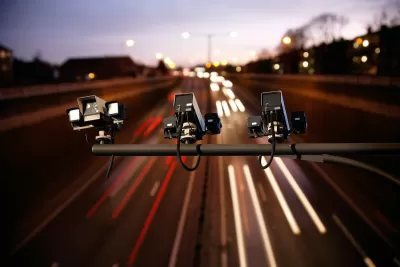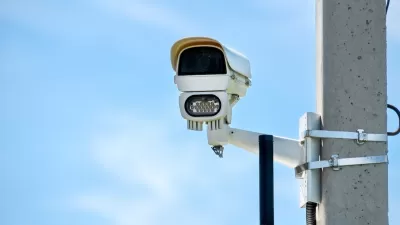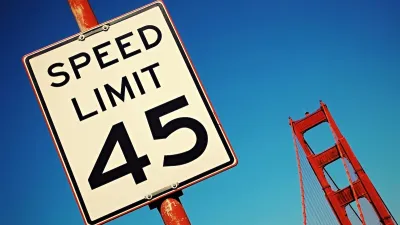While some states and cities are embracing automated traffic enforcement as a tool for improving road safety, others are banning the technology over concerns that the programs are designed for profit rather than public benefit.

The growing movement to use automated traffic cameras to enforce road rules is coming up against opposition from some local officials and drivers who see the programs as a “cash grab” rather than a true safety effort. To date, at least eight U.S. states have laws banning speed cameras. Some states are regulating camera vendors to ensure they are not profiting from citations and that revenue is going to pedestrian safety projects.
However, cameras have been shown to work. New York City issued over 400,000 tickets to drivers who block or park in bus lanes since its automated enforcement program began. In Philadelphia, excessive speeding dropped by 90 percent after the city installed cameras along one particularly dangerous road segment.
According to Kamron Clifford of mobility analytics firm Arity, “While speed cameras can be frustrating, they are a proven tool for reducing traffic fatalities and raising awareness of risky driving behaviors.” But road design, pedestrian infrastructure, and other interventions are also key parts of the broader effort to eliminate road deaths.
FULL STORY: State and local lawmakers take a renewed look at speed enforcement cameras

Alabama: Trump Terminates Settlements for Black Communities Harmed By Raw Sewage
Trump deemed the landmark civil rights agreement “illegal DEI and environmental justice policy.”

Planetizen Federal Action Tracker
A weekly monitor of how Trump’s orders and actions are impacting planners and planning in America.

The 120 Year Old Tiny Home Villages That Sheltered San Francisco’s Earthquake Refugees
More than a century ago, San Francisco mobilized to house thousands of residents displaced by the 1906 earthquake. Could their strategy offer a model for the present?

In Both Crashes and Crime, Public Transportation is Far Safer than Driving
Contrary to popular assumptions, public transportation has far lower crash and crime rates than automobile travel. For safer communities, improve and encourage transit travel.

Report: Zoning Reforms Should Complement Nashville’s Ambitious Transit Plan
Without reform, restrictive zoning codes will limit the impact of the city’s planned transit expansion and could exclude some of the residents who depend on transit the most.

Judge Orders Release of Frozen IRA, IIJA Funding
The decision is a victory for environmental groups who charged that freezing funds for critical infrastructure and disaster response programs caused “real and irreparable harm” to communities.
Urban Design for Planners 1: Software Tools
This six-course series explores essential urban design concepts using open source software and equips planners with the tools they need to participate fully in the urban design process.
Planning for Universal Design
Learn the tools for implementing Universal Design in planning regulations.
Clanton & Associates, Inc.
Jessamine County Fiscal Court
Institute for Housing and Urban Development Studies (IHS)
City of Grandview
Harvard GSD Executive Education
Toledo-Lucas County Plan Commissions
Salt Lake City
NYU Wagner Graduate School of Public Service





























